#Suppliers
Suppliers, Unite: BorgWarner to Buy Delphi Technologies
This new era of electrification has caused many an automaker to eye a competitor’s business, and suppliers are no different. Announced Tuesday, BorgWarner has decided to buy Delphi Technologies, uniting the two businesses to better capture the growing market for hybrid and electric vehicles.
The powertrain giant pegs Delphi’s enterprise value at $3.3 billion, making this acquisition its largest to date.
Report: Battery Shortage Has Mercedes-Benz's Newest EV Struggling to Clear the Tower
The countdown to Mercedes-Benz EQC production last year was preceded by stories about the model’s anticipated range and uncontroversial styling, but when the time came to get EQCs into the hands of buyers, the electric crossover had trouble leaving the launch pad.
Not long after reports emerged of the EQC’s U.S. arrival being delayed by a full year, a German outlet claims Mercedes-Benz has chopped its 2020 production target in half.
Joint Battery Plant a Go for Down-on-its-luck Lordstown
A battery plant mentioned in General Motors’ recently ratified UAW labor contract will soon become a reality in the hard-hit city of Lordstown, Ohio. That locale recently saw the lights go out at GM’s Lordstown Assembly, which closed its doors this spring after the discontinuation of the Chevrolet Cruze. The plant’s now in the hands of a fledgling electric automaker.
On Wednesday, GM announced the spending of $2.3 billion and the creation of 1,100 jobs in Lordstown — a necessary move to supply the automaker with battery packs for its electric vehicle push.
Already Crunchy Ford Goes Even More Vegan
Always the innovator in creating car parts out of plants that aren’t trees, Ford Motor Company plans to burnish its green cred with a new building material: a composite created partly from dried coffee bean husks.
Following the automaker’s soybean experiments of the early 1940s, Ford adopted soybean-based foam for its seat cushions back in 2008. Now, coffee chaff will help add strength and lower energy use for the manufacture of headlight housings and other components. Its supplier partner on this project? McDonalds.
A Stake in Tesla? Forget It, Says Volkswagen Boss
Volkswagen CEO Herbert Diess shot down rumors of a potential investment in electric car maker Tesla on Thursday, shortly after a German magazine claimed the VW boss was hot for the idea.
Manager Magazin, whose English translation is unknown, reported that the American automaker’s battery and software prowess had Diess thinking of a share buy, with an unnamed VW manager claiming the CEO “would go in right away if he could.”
ZF to Supply FCA With Glut of Hybrid-ready Transmissions
ZF Friedrichshafen has agreed to supply Fiat Chrysler with its second-largest order to date. While top honors belong to BMW, FCA will be using the same eight-speed automatic transmissions sourced for the Bavarian-based applications. “Optimized for electrification” as per ZF’s press announcement, the gearboxes are designed for longitudinally mounted engines — including those utilizing hybrid systems.
Get Your Batteries From Us: Toyota, Panasonic Announce Joint Venture
Already a pioneer in hybrid drive technology, Toyota’s recent push towards fully electric cars has birthed a joint venture with one of the world’s premier battery makers, potentially opening up a massive revenue stream for the automaker.
On Tuesday, the company announced the creation of a joint venture with Panasonic to supply other automakers with a “stable supply of competitive batteries.”
Hyundai Reassures Dealers as Battery Shortage Adds Dark Clouds to Kona Electric Launch
By all accounts, the Hyundai Kona Electric is a zippy little crossover endowed with surprising range and the same basic utility as its gas-powered sibling, minus the whole all-wheel drive thing. However, a battery shortage afflicting the Korean automaker has added uncertainty to a model arriving on American shores this year.
Will it actually show up when a customer wants one?
Don’t worry about that, Hyundai’s telling dealers. There’s a plan to get Kona Electrics to America.
Fiat Chrysler Offloads Magneti Marelli Parts Unit for $7.1 Billion
A key goal of Fiat Chrysler Automobiles’ financial fitness regimen, started under former CEO Sergio Marchionne, has come to pass under his successor, Mike Manley.
On Monday morning, FCA announced the sale of its Italian parts unit, Magneti Marelli, to Japan’s Calsonic Kansei, itself owned by KKR & Co. The deal, worth $7.1 billion, sees the parts unit don the name Magneti Marelli CK Holdings. It’s likely very good news if you’re an FCA shareholder.
Tesla to Suppliers: Take a Hit to Make Us Great
Agreements forged between automakers and suppliers aren’t etched in stone, and shaky financial ground has a way of altering how and when those suppliers are paid. Look back to the recession for prime examples of that.
However, a memo sent from Tesla to a supplier shows the electric automaker wants to recoup a portion of its previously spent cash — a request designed to help Tesla finally turn a profit.
Trade War Watch: As Commerce Secretary Ponders Auto Tariffs During D.C. Hearing, Automakers Call Out the Troops
As the United States considers imposing new tariffs of up to 25 percent on imported automobiles and parts, the industry has rallied together to stand against the proposal. Manufacturers already made individual cases for themselves and are now dropping very bleak-sounding industry projections on the U.S. Commerce Department in the hopes of changing the administration’s mind.
However, President Donald Trump continues to promote the imposition of tariffs to force a sort of economic justice. For years, China’s protectionist policies regarding automobiles forced American manufacturers to build inside its borders and partner with Chinese firms for years. That’s something Trump claims could be a national security risk. China also recently upped its tax on American-made autos to 40 percent, shortly after promising to lower them. Meanwhile, Europe still holds a consistently higher tariffs on imported cars than the U.S., except for light trucks.
Commerce Secretary Wilbur Ross seems aware that China may have gamed the system in its favor, but appears less convinced that it’s a matter of national security. On Thursday, during a hearing on the probe into the industry, he said it was “too early” to say what the United States would do. Meanwhile, auto groups continue to make their terrifying case. (There’s also quite a bit of rolling PR in downtown D.C. today, as you’ll see below.)
QOTD: Which Model Could Use a Dose of Electricity?
Yesterday’s post about Nissan’s struggle to adapt its novel e-Power system to larger, American-friendly vehicles reminded this writer of a product Bosch unveiled last year. Called the eAxle, the compact, lightweight unit is comprised of an electric motor, associated electronics, and transmission.
Basically, it would allow an automaker to easily and cheaply convert a vehicle to electric drive, or include it as part of a gas/electric hybrid offering. Outfitted with an eAxle in the rear, a car could actually become two wholly distinct vehicles — a conventional front-drive, gas-powered vehicle as well as a rear-drive battery electric vehicle. A 201 horsepower eAxle apparently weighs less than 200 pounds installed, and Bosch claims it can downsize and upsize the unit to deliver between 60 and 400 horses.
Intriguing. After reading about it last year, I entertained fantasies of switching off my car’s ICE while stuck in traffic and going gas-free rear-drive, then switching back while on the highway. Or maybe I could turn my lowly economy car into a gas/electric all-wheel-drive monster.
How would you put the eAxle to work?
Your Future Honda EV Might Have a General Motors Battery
Not if you’re planning on leasing a Clarity Electric, of course, though future iterations of Honda’s greenest model could use what General Motors is pushing. Which is: a far more energy dense battery.
On Thursday, the two automakers announced a partnership to develop smaller, longer-ranged batteries for use in electric vehicles, primarily those sold in North America. Once the two achieve a breakthrough, GM will become Honda’s supplier.
Freeing Up Factories: Toyota to Consolidate Electronics Operations Within Denso
Toyota Motor Corp. says it had reached an agreement to consolidate all of its core electronics component operations within Denso. The move should allow Toyota to free up resources to compete more effectively in the new vehicle technology field.
Japan’s largest automaker noted it still has to discuss the logistics of transferring production of parts produced at its Hirose plant, near Toyota’s global headquarters, before the end of next year. But Denso, the company’s largest supplier, has already agreed to the core concept of the deal. By 2022, Denso will have taken over the mass production of all electronics components used in Toyota’s vehicles.
Camera-guided Ford Fusion Sails Through Red Light; Supplier Blames … Other Cameras
Mobileye, the Israeli company that supplies camera-based driver assist technology to a host of automakers, just received a black eye.
While one of its Ford Fusion Hybrid testbeds cruised through the streets of Jerusalem to show off its autonomous driving abilities, the sedan, equipped with 12 cameras (three of them forward facing), four advanced EyeQ4 chips, and a television audience, drove merrily through a red light.
It’s technically not the car’s fault, Mobileye said. It’s the TV crew’s.



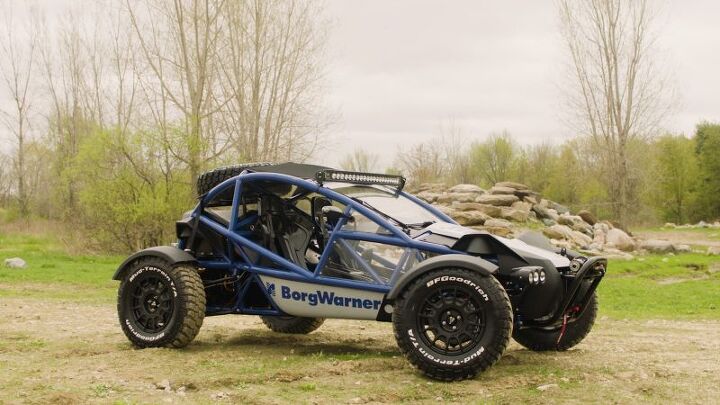
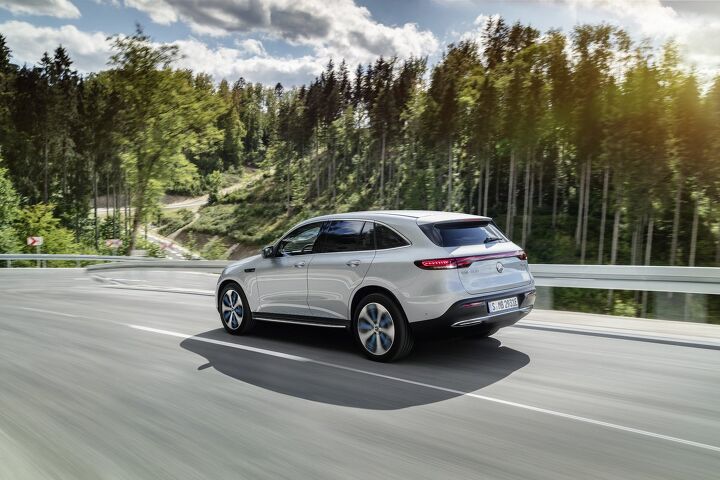

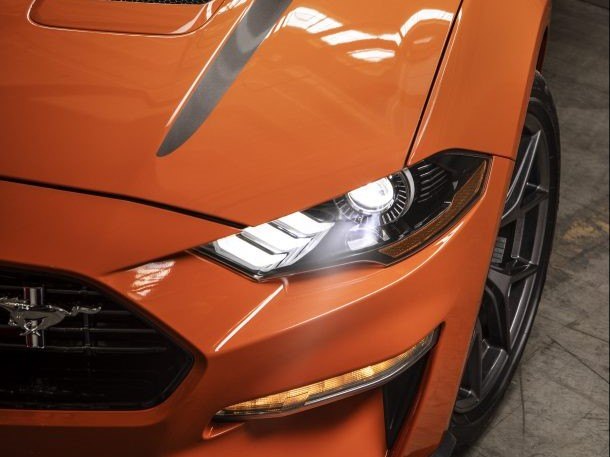





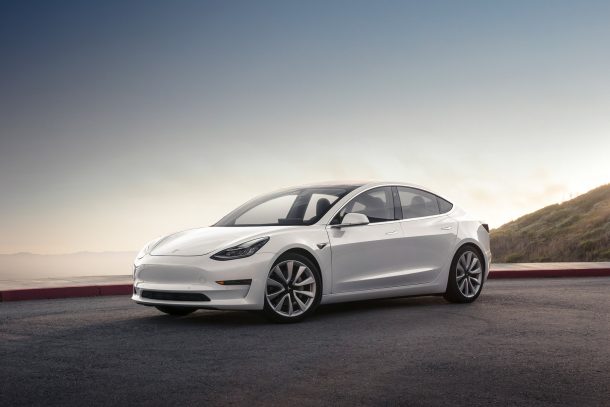


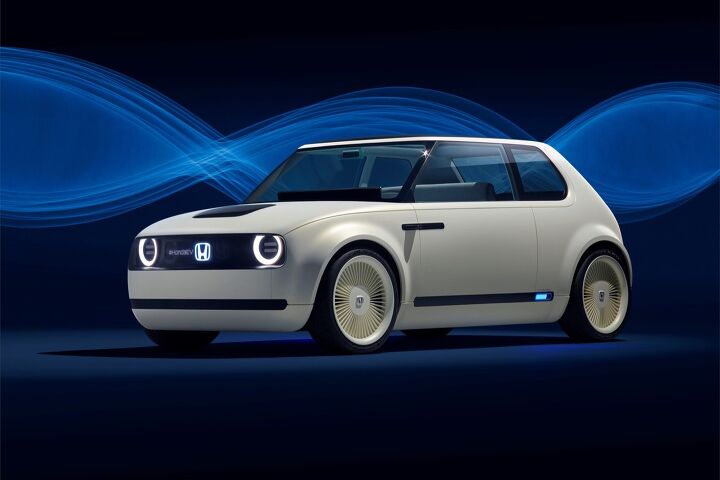

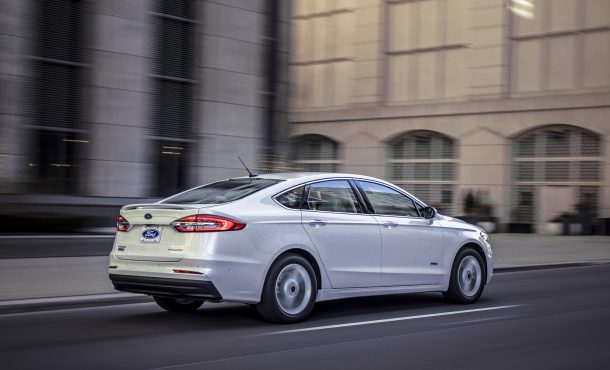












Recent Comments